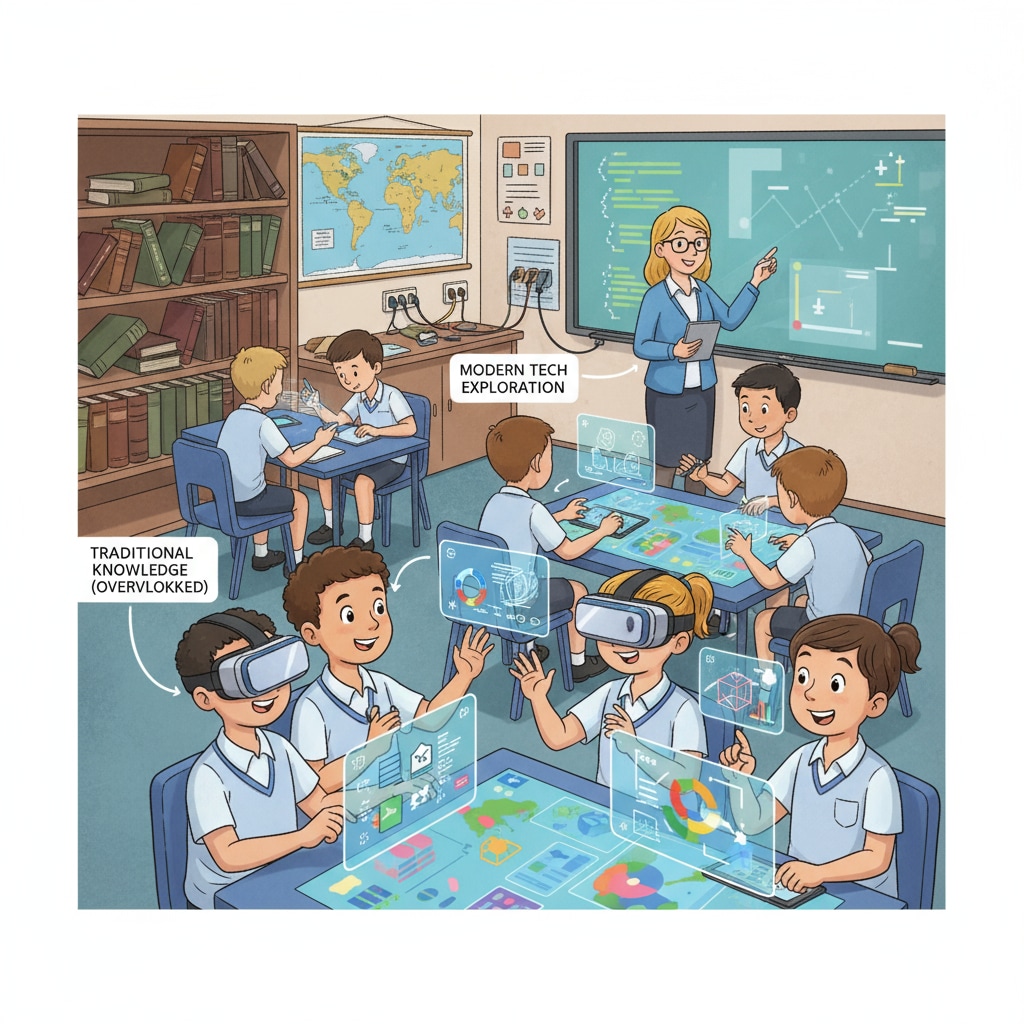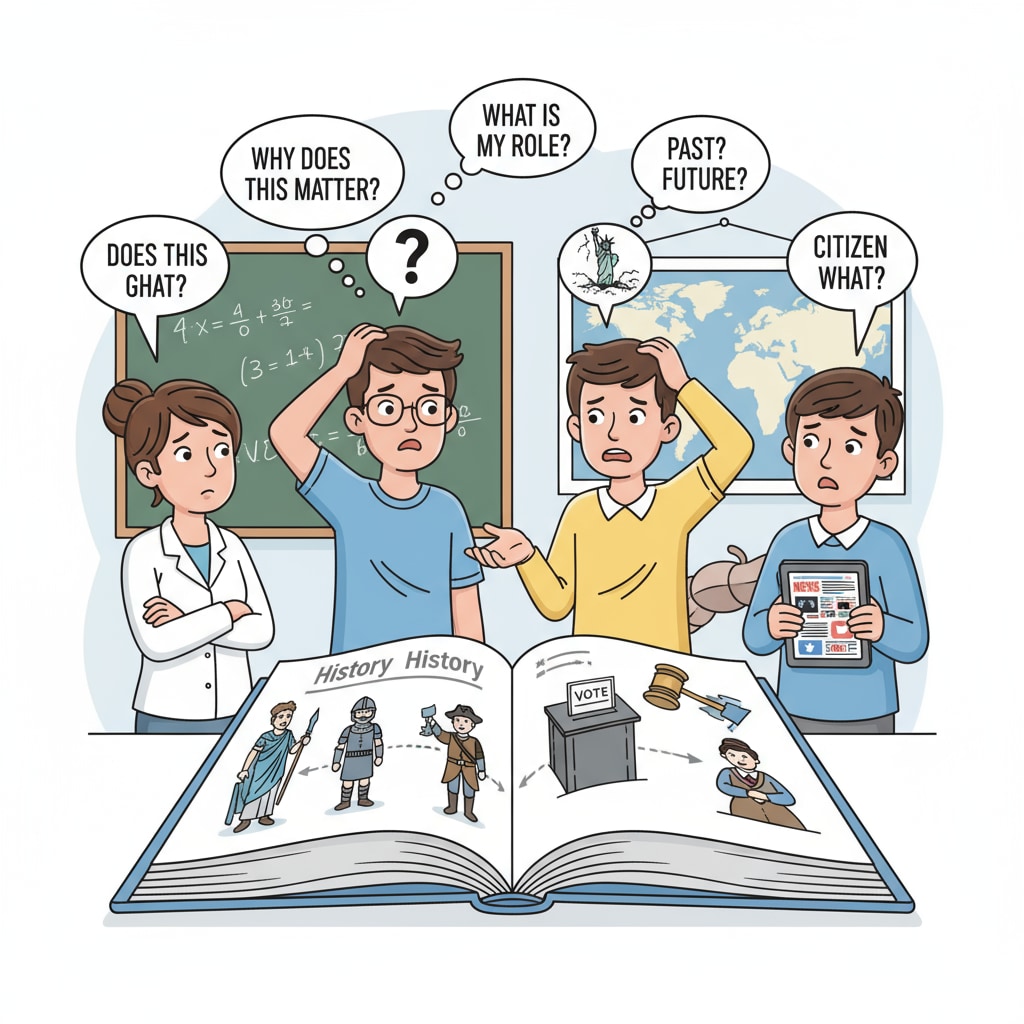In the realm of modern education, the concepts of educational standards, historical knowledge, and civic literacy are at a crossroads. The contemporary K12 education system, in its eagerness to foster innovation and develop thinking skills, is inadvertently sidelining the significance of fundamental knowledge. This shift has given rise to a pressing need to reevaluate the balance between skills training and the mastery of basic knowledge.

The Imbalance in Modern Education
Today, there is a clear tilt in the educational scales. As schools and educators strive to keep pace with the rapidly evolving demands of the 21st century, an overemphasis on skills such as critical thinking, problem – solving, and digital proficiency has emerged. While these skills are undoubtedly essential, the foundation of knowledge, particularly in areas like history and geography, is being eroded. For example, many students today may be well – versed in using the latest technology but lack a basic understanding of historical events that have shaped our world. According to Britannica’s education section, this imbalance can lead to a generation that is ill – equipped to make informed decisions in a complex social and political landscape.
The Dangers of Neglecting Basic Knowledge
The lack of historical knowledge is a significant concern. Without a grasp of history, students may fail to understand the roots of current social, political, and cultural issues. It’s like building a house without a proper foundation. History provides context, allowing us to learn from past mistakes and make better choices for the future. Similarly, a deficiency in civic literacy can have dire consequences. Civic literacy, as defined by Wikipedia’s civic education page, is the knowledge and skills necessary to participate effectively in the democratic process. When students lack this knowledge, they may not be able to engage meaningfully in community affairs or understand their rights and responsibilities as citizens.

Geographical knowledge is also crucial. In an increasingly globalized world, not knowing where different countries are located or understanding the impact of geography on cultures and economies can limit a student’s perspective. It can lead to misunderstandings and a lack of appreciation for the diversity of our world.
Restoring the balance between skills training and basic knowledge acquisition is not an easy task, but it is essential. Educators need to design curricula that integrate both aspects seamlessly. For instance, history lessons can be made more engaging by incorporating project – based learning that also enhances critical thinking skills. Civics education can be combined with real – world community projects to develop both knowledge and practical skills. By doing so, we can ensure that students are not only well – skilled but also well – informed, laying the groundwork for a more educated and responsible society.
Readability guidance: Short paragraphs and lists are used to summarize key points. Each H2 section provides a list of related ideas. The proportion of passive voice and long sentences is controlled, and transition words are added throughout the text for better flow.


